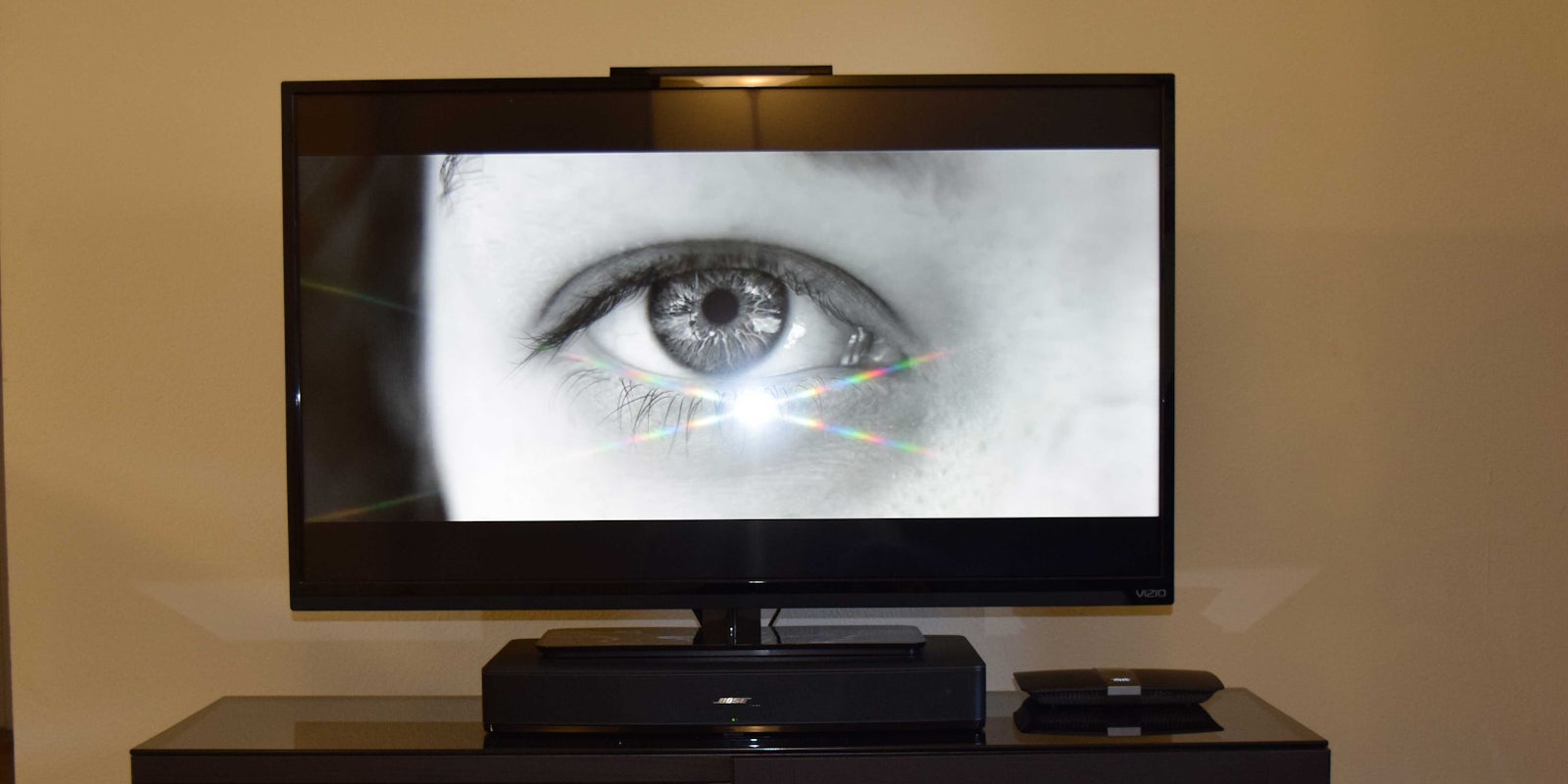In what is probably surprising to no one, smart TV companies are selling their customers’ data. But what is surprising: Vizio is being open about why.
Data-sharing one of the reasons Smart TVs are available at such low costs, Business Insider reports, noting that companies such as TCL and Vizio are garnering their revenues from advertisements as well as selling user information—such as show type, which ads the user follows, and the user’s location—to third parties.
Vizio’s chief technology officer, Bill Baxter, admitted this on the Verge’s podcast recently and even said he would be “totally fine” with users opting out of the data collection.
“Whatever the TV sees…if the user has gone through the setup process and opted into [automatic content] recognition, then we will enable that in certain use cases,” he said, “because there are restrictions and we don’t wanna violate the customers privacy rights and we certainly anonymize that data and we don’t try to in any way infringe on their privacy.”
He justified the data collection by noting the 6-percent profit margin in the “cutthroat” industry. “It’s not just about data collection. It’s about post-purchase monetization of the TV,” he said. “The greater strategy is, I really don’t need to make money off of the TV. I need to cover my cost,” he said. “And then I need to make money off those TVs.”
Baxter also emphasized Vizio is the market leader in transparency regarding these issues.
“I think you know that Vizio has been pioneering privacy [and] active viewing data disclosures for the last several years, and we actually lead the industry in those disclosures,” he said.
At a time when user data privacy is resulting in lawsuits, Baxter is hoping his openness might put customers at ease.
“When we do automatic content regulation, we give the industry a real benefit, and I think that’s sometimes lost in the whole story,” he said. “…We will continue to lead the industry in terms of how consumers can find out what we’re collecting—specifically what we collected, what we’re going to use it for, and how they can turn it off if they don’t like that, and we’ll continue to push the envelope on that and make sure our customers are protected.”


